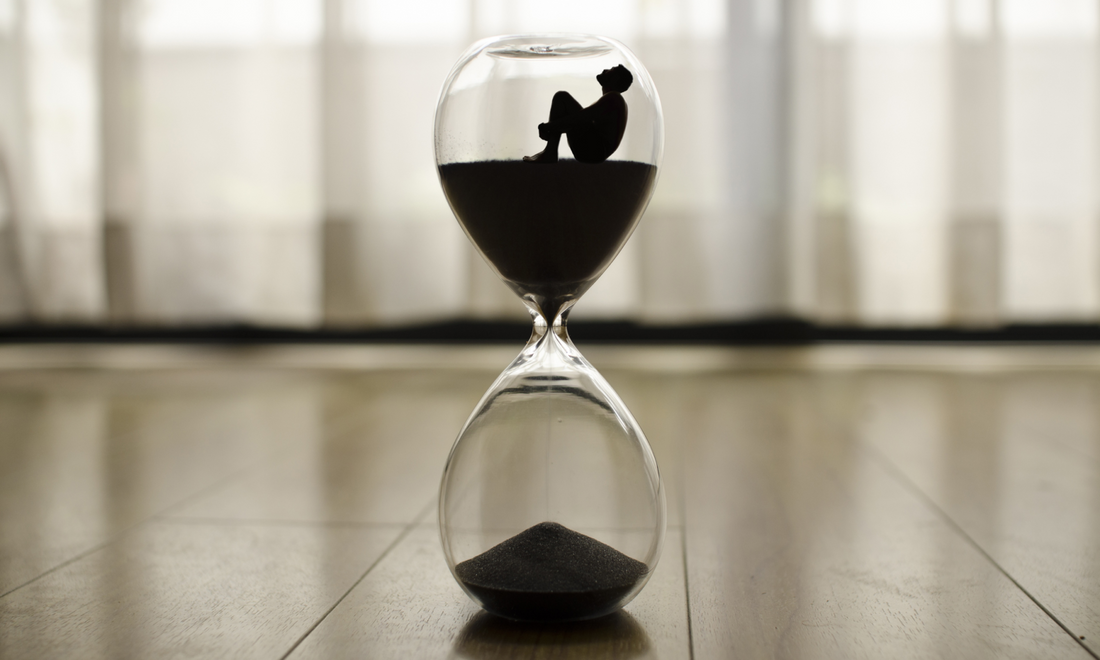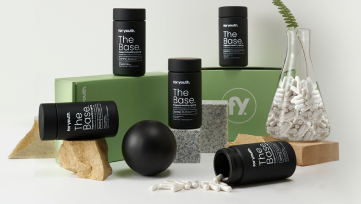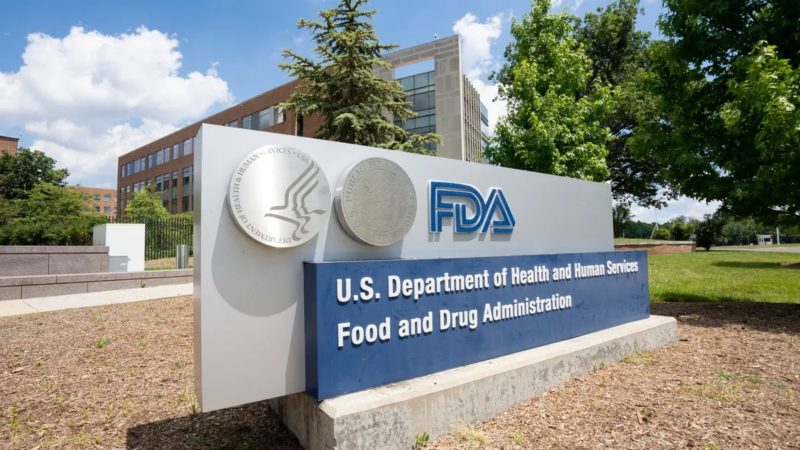Unlocking the Science of Agelessness: Exploring Bio Age Testing and Epigenetics


 Shop our Biological Age Test
Shop our Biological Age Test 
Ever wonder what your age truly reveals about you? And no, we’re not talking about your ordinary chronological age that simply tallies the years gone by. We’re delving into the depths of a mesmerizing realm called biological age, where the secrets of your overall health and potential longevity are hidden.
On that note, ageing is not simply the passing of time but a result of cellular damage. This damage can be measured by examining the epigenetic layer, which controls the activation and deactivation of genes. As we age, this layer of “buttons” becomes damaged, leading to the improper turning on and off of certain genes. By analyzing this layer, we can identify and quantify the extent of the damage, allowing us to calculate biological age.
Join us as we unlock the mysteries of bio age testing and explore the enchanting world of epigenetics. Brace yourselves, for the answers we uncover might just redefine how you perceive the passage of time.

Get The Latest On Longevity Delivered To Your Inbox.
By signing up, you consent to receive For Youth emails
Epigenetics – Illuminating the Complexity of Genes
Epigenetic testing, a method that unveils intricate patterns transcending mere DNA sequences, offers profound insights into our biological age. By analyzing blood or saliva samples, scientists can gain glimpses into our overall health and potentially project our longevity. This testing allows us to peer beyond the calendar and ascertain a more accurate depiction of our journey through the tapestry of life.
Within the realm of epigenetics, we encounter the remarkable phenomenon of the epigenetic clock, which leaves distinctive imprints upon our genetic canvas. Through DNA methylation, epigenetic modifications guide cellular machinery in reading and utilizing our genetic blueprint, subtly orchestrating the passage of time within our cells. This symphony of molecular signals leaves behind a unique epigenetic signature, unveiling the markers of time.
Epigenetics in Action – The Intricacies of Gene Regulation
As we explore the intricacies of gene regulation, we uncover the waltz of DNA methylation and histones. DNA methylation adds chemical tags to our genes, dictating their accessibility to cellular machinery, while histones sculpt the three-dimensional landscape of our genetic material, influencing gene expression. Together, they form a mesmerizing symphony of control, orchestrating the delicate balance between silence and expression.
Epigenetic Interventions – Paving the Way for Health
Unlocking the potential of epigenetic therapies offers hope in the battle against diseases. Scientists tirelessly investigate epigenetic features associated with conditions like cancer, diabetes, and heart disease, aiming to develop interventions that reverse or modify these changes. By creating a more favorable cellular environment, researchers strive to restore cells to a healthier state.
Enter the world of epigenetic coaching, where lifestyle choices become the conductors of our genetic symphony. Through mindful alterations in diet, exercise, sleep patterns, and other factors, we can modulate gene expression and influence our epigenetic landscape. It’s a delicate dance, a harmonious interplay between our choices and our genes, as we optimize our biological orchestra.

One of the most widely used biological age tests is Horvath’s clock, developed by scientist Steve Horvath. This clock measures DNA methylation, indicating damage to the epigenome, which serves as the control system for our genes.
As we age, the epigenome becomes increasingly damaged, and this clock examines 353 biomarkers to determine biological age. The creation of Horvath’s clock has sparked new research into longevity, as scientists seek to understand factors that can slow down or accelerate the biological clock.
Healthy lifestyle choices and supplements have shown the potential to slow down the clock’s progression. In a pilot study, a combination of longevity products reduced participants’ biological age by 2.5 years after one year. Professor David Sinclair from Harvard Medical School even claims that his biological age decreased from 58 to 31 after five years of taking NMN (Nicotinamide Mononucleotide). This research sheds light on the factors influencing biological age and suggests the possibility of slowing down the aging process through targeted interventions.
The Clock – Biological Age Test
In this day and age, the advancements in science and technology have made it easier than ever to access and undergo a biological age test. One of the most convenient and non-invasive methods is through a simple saliva test. This means that you can determine your biological age by providing a small sample of your saliva, which contains valuable genetic information.

Find your rate of ageing with our saliva-based DNA methylation lab test and start bringing down your biological age.
- gain insights into your cellular health by finding out your biological age
- track the impact of anti-ageing therapies
- analysis by an independent Silicon Valley-based lab
For Youth has launched The Clock – a biological age test to objectively measure your biological age. Our saliva test has gained popularity due to its ease of use and accessibility. Individuals simply has to collect their saliva samples in the comfort of their own homes. Once the sample is collected, it can be sent back to the laboratory for analysis.
Our independent partner TruMe Labs from California analyzes the saliva sample using sophisticated techniques to examine the epigenetic markers, such as DNA methylation patterns, that can indicate biological age. By comparing these markers to a reference database, the laboratory can accurately determine your biological age.
The convenience of the saliva test allows individuals to take control of their health and gain valuable insights into their overall well-being. It eliminates the need for invasive procedures or extensive medical examinations, making it a desirable option for those seeking a convenient and accessible method to assess their biological age.
By creating accessibility through a simple saliva test, individuals now have the opportunity to gain a deeper understanding of their genetic age and make informed decisions about their lifestyle, nutrition, and overall health to potentially slow down the aging process and live a longer, healthier life.
Conclusion

We leave you with the empowering notion that you hold the power to shape your biological age. Through mindful choices and understanding the intricate interplay of genes and environment, you can create a harmonious melody of health and vitality. Before embarking on your quest to stay forever young, take that crucial step of knowing your current age on the biological clock. Understanding where you stand on this fascinating scale will provide a valuable starting point for your journey. So, take that step, discover your biological age, and let the wonders of science guide you towards a future filled with vitality and well-being.








